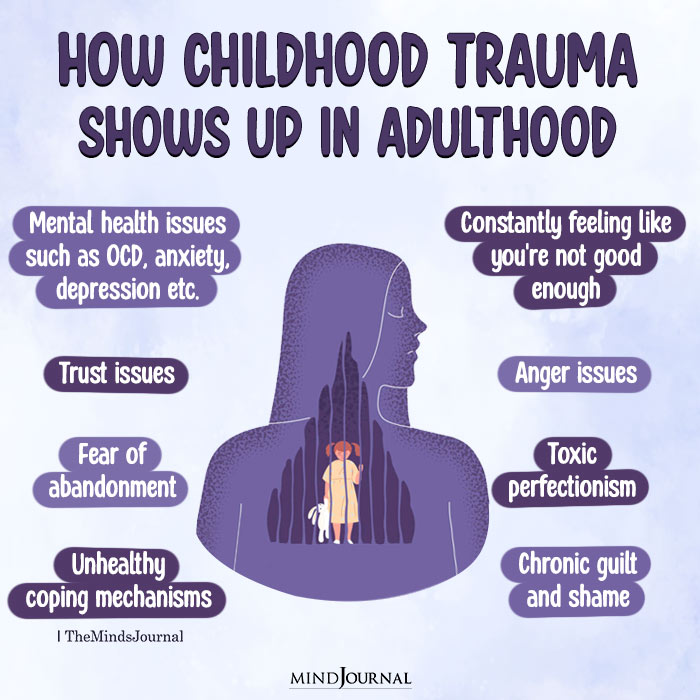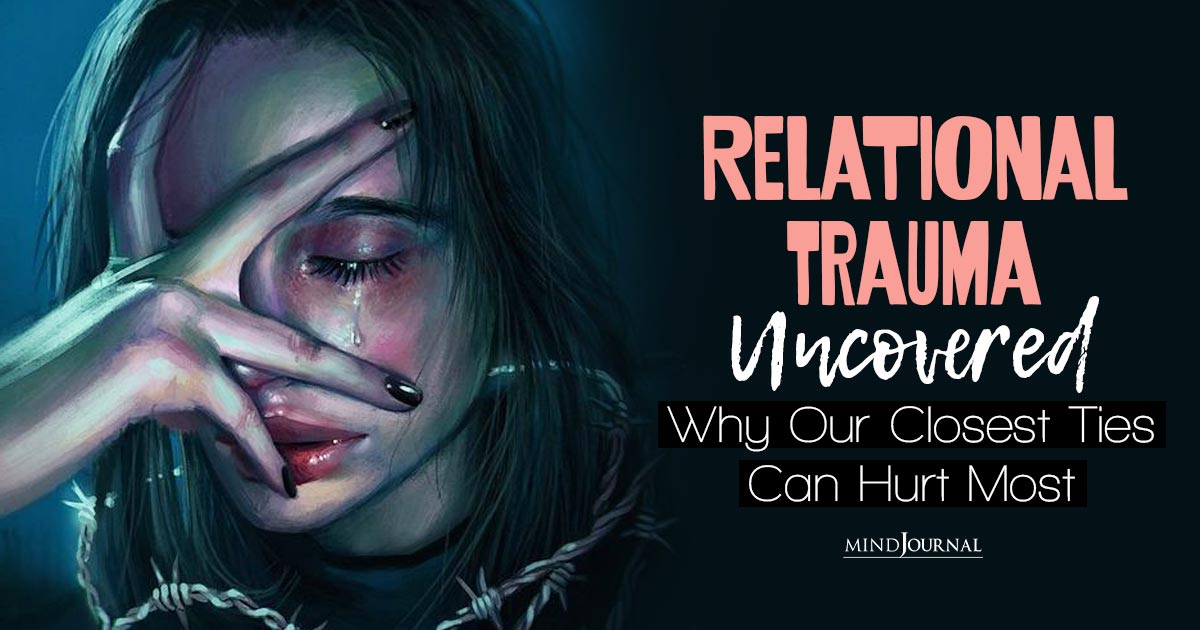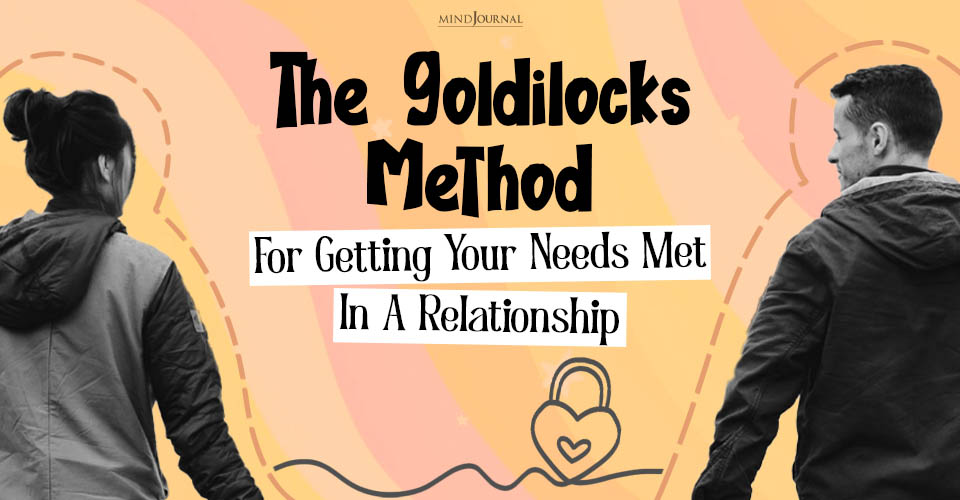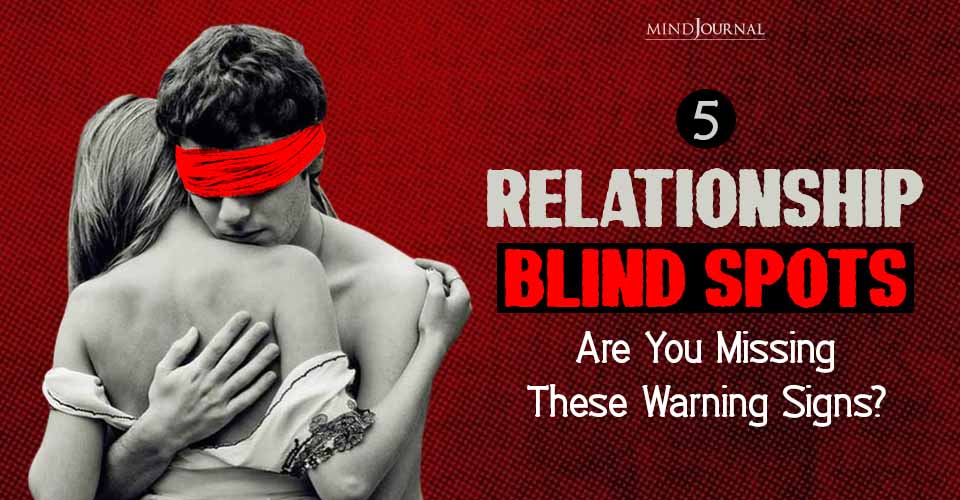Have you ever wondered how our early experiences shape our relationships and emotional well-being throughout our lives? Toxic and abusive relationships often create deep emotional wounds that can haunt us forever. Let’s explore what is relational trauma and the steps involved in overcoming relational trauma.
Relationships are the building blocks of our existence, providing us with love, support, and a sense of belonging. However, when these relationships are marred by pain and dysfunction, they can leave lasting scars known as relational trauma.
What is Relational Trauma?
Relational trauma, also known as complex trauma, refers to the emotional wounds that develop as a result of prolonged or repetitive experiences of distress, neglect, or abuse within significant relationships.
These traumas are typically inflicted during childhood when our brains and nervous systems are still developing, making us particularly vulnerable to such adverse experiences. However, relational trauma can also occur in adulthood through abusive or toxic relationships.
For instance,the movie The Perks of Being a Wallflower (2012) depicts complex relational trauma through the life of Charlie, a high school student dealing with such trauma stemming from past family experiences. The story follows his journey of forming connections with friends and a mentor figure to cope with his emotional scars.
Relational trauma can severely impact one’s ability to form healthy relationships, trust others, and regulate emotions. It can cause long-lasting psychological distress and affect various aspects of life, including self-esteem, mental health, and overall well-being.
Therapy and support are crucial for healing and developing healthier relationships.
Related: Haunted By The Past: How Childhood Trauma Impacts Your Adult Relationships
Understanding Complex Relational Trauma
Complex relational trauma, also known as complex trauma or developmental trauma, refers to the cumulative impact of multiple traumatic events or ongoing relational hardships.
Unlike a single traumatic incident, complex relational trauma occurs within the context of significant relationships over an extended period. Examples include enduring childhood abuse, neglect, or exposure to domestic violence.

In the movie Good Will Hunting (1997), the main character, Will Hunting, suffers from severe relational trauma due to an abusive childhood. The story revolves around his therapy sessions, highlighting the profound impact of early relational trauma and the healing power of a supportive therapeutic relationship.
Complex relational trauma can have far-reaching effects, often resulting in more severe and chronic symptoms compared to single-incident trauma. It can disrupt multiple aspects of an individual’s life, including their emotional regulation, self-identity, and ability to function in relationships and society.
Now that we have a better understanding of what is relational trauma, let’s delve into relational trauma in adults.
Adult Relational Trauma
While relational trauma is commonly associated with childhood experiences, adult relational trauma is equally significant. Adults can experience trauma within intimate partnerships, families, or even in professional settings.
Adult relational trauma can occur through emotional, physical, or sexual abuse, coercive control, or persistent patterns of manipulation and power imbalances.
Signs of Relational Trauma
Here are some of the most common signs of relational trauma –
1. Emotional Dysregulation
Individuals who have experienced relational trauma often struggle with managing and expressing their emotions. They may experience intense mood swings, have difficulty trusting others, or exhibit heightened sensitivity to perceived threats.
2. Attachment Issues
Relational trauma can disrupt the formation of secure attachments, leading to difficulties in forming and maintaining healthy relationships. Individuals may exhibit anxious or avoidant attachment styles, struggling with intimacy and closeness.
3. Low Self-Esteem
Chronic exposure to relational trauma can erode one’s sense of self-worth and confidence. Individuals may have pervasive feelings of shame, guilt, or a distorted self-image, impacting their overall well-being.
4. Trust Issues
Relational trauma can severely impact an individual’s ability to trust others. Past experiences of betrayal or abandonment can make it challenging to establish trust in new relationships, leading to a cycle of fear and isolation. This is one of the fundamental signs of relational trauma.
Related: What Is Secondary Trauma? Symptoms And Treatment Of Secondary Trauma Suggested By The Experts
Causes of Relational Trauma
To gain a clearer idea about what is relational trauma, we need to understand what causes this condition. Here are some of the most widely observed factors that can lead to the development of relational trauma –
1. Childhood Abuse or Neglect
Physical, emotional, or sexual abuse, as well as chronic neglect during childhood, can lead to profound relational trauma. These experiences shape the developing brain and can have long-lasting impacts on an individual’s ability to trust, form attachments, and regulate emotions.
2. Domestic Violence
Witnessing or experiencing domestic violence can cause relational trauma, as it disrupts the sense of safety and security within intimate relationships. The ongoing exposure to violence can lead to fear, hypervigilance, and difficulties in establishing healthy relationships in adulthood.
3. Attachment Disruptions
Inconsistent caregiving, frequent separations, or early losses can disrupt the formation of secure attachments, leading to relational trauma. Lack of a secure attachment can impact an individual’s ability to form healthy relationships throughout their lifespan.
Steps for Overcoming Relational Trauma
Understanding what is relational trauma helps us realize that it may develop due to various factors and situations that we may not be able to control. However, we also need to realize that it is crucial to take certain steps for overcoming relational trauma.
Here’s how to deal with relational trauma –
1. Recognize and Validate Your Experience
Acknowledge the impact of relational trauma and validate your feelings. Understand that your responses and struggles are valid, and you are not alone in this journey.
2. Seek Professional Support
Consider reaching out to a qualified therapist with experience in trauma therapy. They can provide a safe space for you to explore your experiences, develop coping skills, and work towards healing and growth.
3. Cultivate Self-Compassion
Practice self-compassion and kindness towards yourself. Be patient with your healing process, and remember that healing takes time. Engage in self-care activities that promote relaxation, self-expression, and emotional well-being.

4. Establish Boundaries
Learn to set and maintain healthy boundaries in your relationships. Boundaries are essential for protecting your well-being and ensuring that your needs are met.
5. Engage in Trauma-Informed Therapy
Trauma-focused therapy approaches, such as Eye Movement Desensitization and Reprocessing (EMDR), Cognitive-Behavioral Therapy (CBT), or Somatic Experiencing, can be effective in addressing relational trauma.
These therapies help process traumatic memories, regulate emotions, and develop healthier coping strategies.
6. Build a Supportive Network
Surround yourself with understanding and empathetic individuals who can provide a safe and supportive environment. Talk openly with trusted loved ones and join support groups to gain a new perspective and learn from others who have already overcome similar situations.
Related: What is Relational Bullying And How To Deal
Takeaway
Knowing what is relational trauma and experiencing it can have a profound impact on our lives, shaping our relationships, self-perception, and emotional well-being. However, it is important to remember that healing is possible.
Remember, healing from relational trauma is a journey that requires patience, self-compassion, and professional support. Reach out to qualified therapists or counselors who specialize in trauma therapy to guide you through your healing process. Surround yourself with a supportive network of individuals who can provide empathy and understanding.
Together, we can break free from the chains of relational trauma and create a future filled with love, trust, and authentic connections. You deserve healing, and you are not alone on this transformative path towards a brighter tomorrow.
Frequently Asked Questions (FAQs):
What does relational trauma feel like?
Relational trauma often feels like profound emotional pain, fear, betrayal, and can result in a deep sense of insecurity and distrust.
Is relational trauma the same as PTSD?
Relational trauma is a type of trauma that can contribute to PTSD, but they are not the same; PTSD is broader.
What is relational attachment trauma?
Relational attachment trauma refers to negative experiences in early relationships that impact one’s ability to form healthy, secure attachments in the future.










Leave a Reply